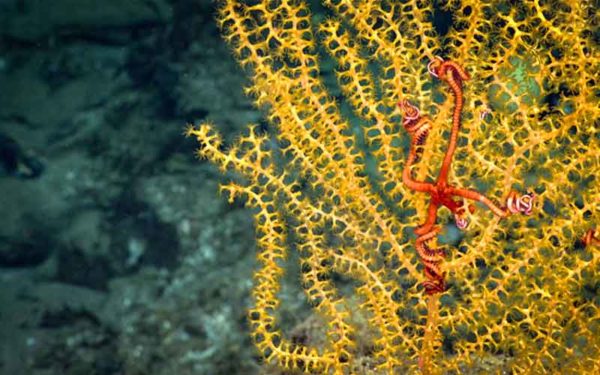Third Time Must Be the Charm to Help Cod Make a Comeback
Federal fishery managers denied CLF’s petition to end overfishing and rebuild Atlantic cod. Now, New England fishery managers begin a third attempt to save cod.
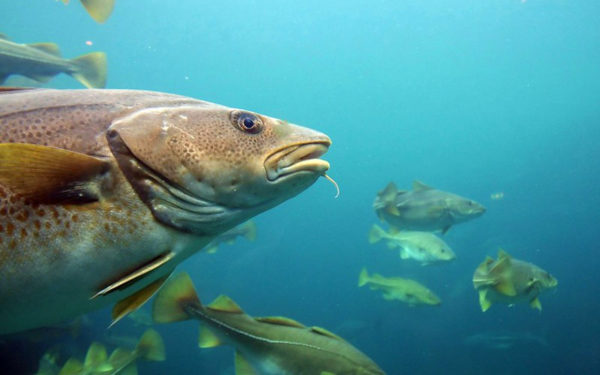
Federal fishery managers denied CLF’s petition to end overfishing and rebuild Atlantic cod. Now, New England fishery managers begin a third attempt to save cod.

As New Englander’s, we are lucky to have our very own marine National Monument in our backyards. But it shouldn’t be the last. Here are 5 reasons why we must continue to protect special places in our ocean.
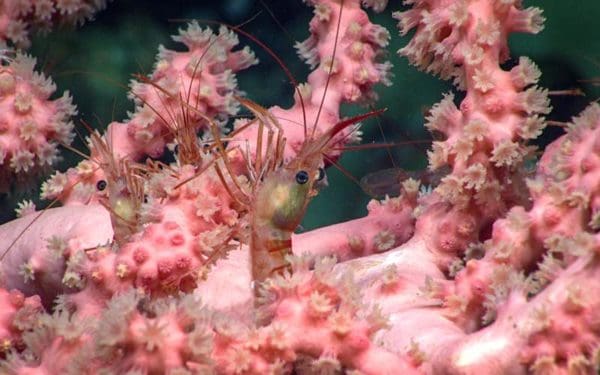
“This is a watershed moment for New England’s cod population,” said Allison Lorenc, Senior Policy Analyst at CLF. “The groundfish fishery has been plagued by overfishing for decades, but 100% at-sea monitoring will provide critical information needed for sustainable management. It’s time Atlantic cod are allowed to thrive in New England’s waters, and today’s announcement is a major step in that direction.”
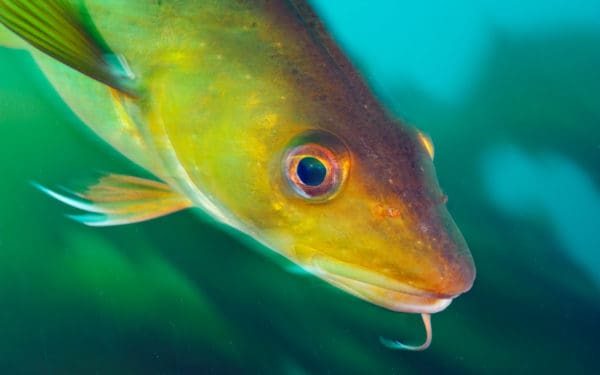
Federal fishery managers have approved a new rule that will require 100% at-sea catch monitoring to help stop overfishing species like Atlantic cod in New England.
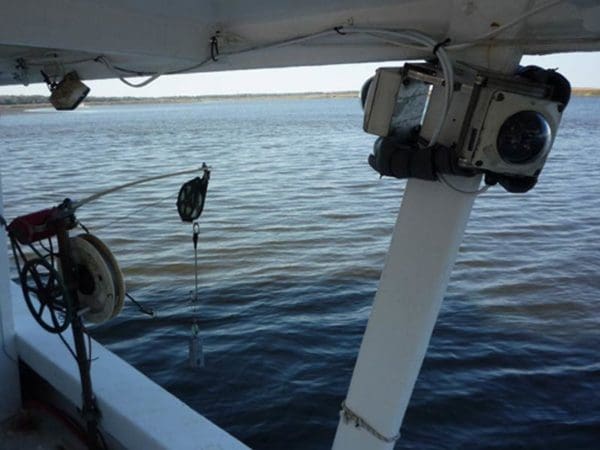
In February 2020, CLF petitioned the federal government to take bold action to save Atlantic cod – New England’s most iconic fish species. To date, our petition remains unanswered. Cod cannot wait any longer – we need fishery managers to act now.
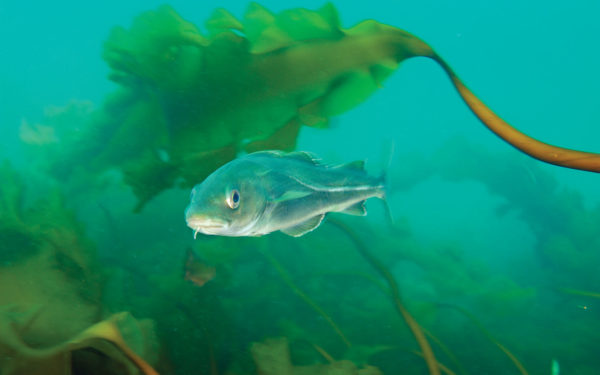
“The most powerful way to think about what happened with Carlos Rafael is to think of him as a symptom that the system is broken and not operating properly,” said Peter Shelley, senior counsel for the Foundation.
CLF examined the fishery management system that Carlos “the Codfather” Rafael exploited so successfully – a system that seems to have increasingly benefitted the wealthiest, most politically powerful fishing operations at the expense of traditional community-based fishermen.
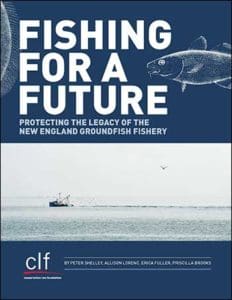
“Today’s decision proves that the Council has completely abandoned its duty to develop catch limits that rebuild Atlantic cod to sustainable levels,” said Allison Lorenc, Senior Policy Analyst at CLF. “It is devastating to see this iconic species inch closer to complete collapse, and today’s decision does nothing to prevent that. It’s past time for NOAA Fisheries to disapprove these risky catch limits that don’t comply with the law.”

Climate change struck home for me when the waters at Salisbury Beach recently hit an unheard-of 75 degrees.
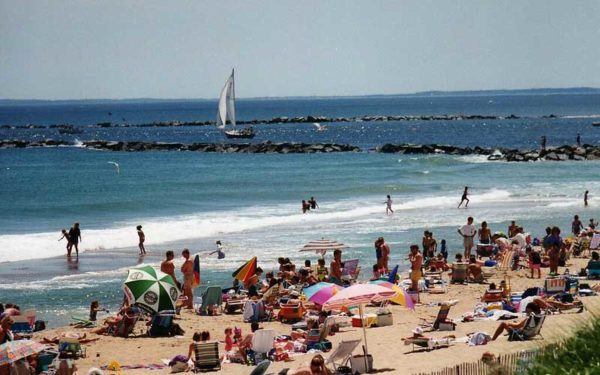
The Biden administration has outlined a bold vision for conservation, but the devil is in the details, especially when it comes to protecting 30% of lands and waters by 2030.
